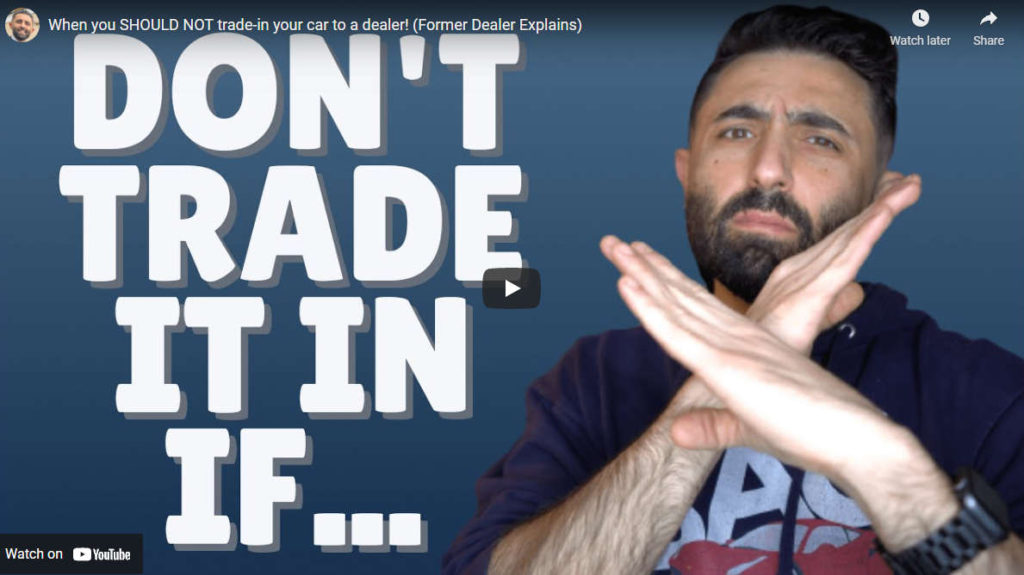If you are ready to say goodbye to your current vehicle and are excited about purchasing a new one, you may be wondering whether you should trade-in your car at the dealership or sell it outright yourself instead. Since both of these options have various pros and cons, the decision can be tricky. To help you out, here are some factors you should keep in mind.
A Lower Offer
If you trade your vehicle in at the dealership, one of the most significant drawbacks is that you will almost always get less money for it than if you had chosen to sell it yourself. However, the amount that you’ll get offered is typically based on how well the car runs, how many miles it has on it as well as the market value. If your vehicle isn’t functioning, it may not even be eligible for an offer at your local dealership, so you may need to look elsewhere when selling your unusable car. Some places will quickly take it off your hands and give you cash on the spot. Cash offers are typically lower than if you were to sell it on an online marketplace, but they are also more likely to take cars that aren’t working.
When You Should Definitely Sell it Yourself
1) If You Have a Collectable Vehicle
If your vehicle has unique value, you will receive considerably less on your trade-in than if you sell it privately. So you should consider selling rather than trading.
2) If the Vehicle is Damaged
If the vehicle is damaged, the dealer will drastically reduce the trade-in value they are going to give you. You should be able to get much more by either having it repaired or selling it as is yourself.
3) If It is a Different Brand Than the Dealer Carries
If your current vehicle is a different brand than the dealer carries, they will give you less than you could get elsewhere. If they can sell it on their lot, they make more money, so they can offer you more. If they can’t sell it on their lot, they have to sell it to a wholesaler, which means less money for them.
Why You May Want to Trade It In
Trading is Less Work for You
If you choose to trade in your vehicle, this will be a much quicker way to get rid of your old car. Once you drive it to the dealership, they can take it off your hands immediately, clearing the path to purchase your new vehicle.
Reduced Taxes
Should you decide to trade in your vehicle and you live in a state that charges sales tax, trading your vehicle could result in you paying less in taxes. In these situations, you will only be responsible for paying the difference between the trade-in amount and the cost of your new car. So if your old vehicle still has significant value trading, it in could save you a substantial chunk of change on sales taxes.
Continuing Expenses
When you opt to sell your car yourself, you have no idea how long the process will take. Unless you have an immediate buyer in mind, it’s possible that it could be weeks or even months before you sell your car. In the meantime, you will still need to keep your car registered, pay car insurance premiums, and pay for any maintenance it may require.
Since no two situations are exactly alike, you’ll need to carefully consider which of these aspects of selling your car matters the most. Whether it’s getting rid of it quickly or selling it for as high a price as possible, thinking things through will help you arrive at the best decision.
You might also like:



